Exposed: Why Your Moving Quote Could Double in Price (And How to Prevent It)
Moving costs can transform your well-planned budget into a financial nightmare.

Moving costs can transform your well-planned budget into a financial nightmare. Most people face unexpected expenses that add an average of $723 or more to their final bill. Your recent moving quote likely doesn't provide a complete picture.
Movers use various charging methods that you should be aware of to avoid unexpected price increases. These sneaky fees pile up fast. Long carry fees kick in when movers walk more than 75 feet from your door to the truck. Fuel surcharges can boost your final bill by up to 10%. You might also pay around $100 for extra stops during long-distance moves. Each flight of stairs beyond the first could cost you approximately $50.
This piece reveals eight common hidden fees that might double your moving quote. You'll find practical ways to avoid these costs and learn everything about different types of estimates. The guide helps you secure transparent pricing for your next move.
WeMove.ai emerges as a central source of truth powered by AI technology. The platform guarantees transparency in all costs. Unlike traditional moving services, WeMove.ai eliminates hidden fees, upcharging, fraud, and hostage situations. Your quote matches exactly what you pay.
Understanding Moving Quotes and Why They Change
Moving quotes may seem simple at first, but many customers are shocked when they see final bills that differ significantly from their original estimates. You can save thousands of dollars by knowing the different types of estimates before you sign a contract.
Types of estimates: binding, non-binding, and not-to-exceed
Binding estimates lock in a fixed price that remains unchanged as long as your inventory levels do not change. This gives you peace of mind because you'll pay exactly what was quoted, regardless of whether your items weigh more or less than expected.
Non-binding estimates are projections based on the approximate weight of your belongings. The final cost typically increases after movers weigh your shipment on moving day. Federal regulations stipulate that movers cannot charge you more than 110% of a non-binding estimate at delivery, although they may bill the remaining charges 30 days later.
Not-to-exceed estimates (sometimes referred to as binding not-to-exceed) provide the best protection. Your cost won't exceed the quoted amount, even if your shipment weighs more than estimated. Additionally, you'll pay less if it weighs less.
How do moving companies charge for services?
Moving companies set their costs through in-home or virtual surveys that assess your belongings. Local moves typically cost hourly rates ($35 to $350 per hour), while companies calculate long-distance moves based on weight, cubic feet, and distance.
Your quote also changes based on the timing of your move (peak season, from May to September, costs more), accessibility issues, specialty items, and any extra services you request.
Why quotes often increase after booking
Quotes usually increase because customers add items after the original inventory is established. Accessibility issues like stairs, narrow streets, or elevators can also trigger extra fees. Long carry charges kick in when movers must transport items more than 50-75 feet from truck to home.
Misunderstandings about services included in estimates lead to surprise charges. That's why WeMove.ai employs AI-powered quote accuracy as a central point of truth, making sure there are no hidden costs, upcharging, or "hostage situations" where movers hold your belongings until you pay unexpected fees.
8 Hidden Fees That Can Double Your Moving Quote
Moving companies might quote you one price at first, but your final bill could double because of charges buried in the fine print. Let's explore eight common fees that could surprise you with additional costs.
1. Long carry and stair fees
Your movers will charge a "long carry fee" of $50-$150 if they can't park their truck within 75-100 feet of your entrance. You'll also pay stair fees of around $50 per flight after the first set of stairs. These charges often appear in urban areas, particularly in buildings without functioning elevators.
2. Packing materials and labor
A professional packing service costs between $280 and $4,200, depending on the size of your home. Materials alone run $180-$750 for a standard three-bedroom home. The prices for boxes ($1-$25 each), bubble wrap ($35), and packing tape ($30) are higher than the retail prices.
3. Bulky or specialty item charges
Moving specialty items costs extra. Your piano, pool table, safe, hot tub, grandfather clock, or exercise equipment adds $150-$600 for local moves. The cost jumps to $800-$2,500 if you need crane lifting. Additionally, these items require specialized equipment and additional personnel.
4. Fuel surcharges and tolls
Your original quote does not include fuel surcharges, as prices are subject to frequent change. Toll charges show up on your final bill, too, especially during interstate moves. Truck tolls cost much more than regular car tolls.
5. Elevator or shuttle truck fees
Apartment complexes with freight elevators add $50-$100 to your bill. You'll need smaller vehicles to shuttle your belongings if big moving trucks can't reach your location because of narrow streets or low clearances.
6. Temporary storage or delayed delivery
Storage costs kick in if your new home isn't ready. Short-term storage runs $50-$300 monthly, while moving company storage-in-transit services cost $150-$500. Multi-day moves might include overnight holding fees.
7. Last-minute changes or cancellations
Each company has its own rules about cancellations. Most don't charge if you cancel more than a week ahead. Canceling within 5-7 days incurs a fee of $50-$100. Same-day cancellations could mean losing your deposit or paying a $150 no-show fee.
8. Insurance upgrades and liability coverage
Released Value Protection comes free but only covers $0.60 per pound per item. Full Value Protection gives you better coverage but costs more. To name just one example, see what happens if your 25-pound TV worth $1,000 breaks - basic coverage would only give you $15 back.
WeMove.ai stands out from traditional moving companies by using AI-powered technology that shows you upfront pricing without hidden fees or surprise costs. The price you see is the price you pay.
How to Avoid Hidden Costs of Moving
Smart planning and clear communication with your moving company will help you avoid hidden moving costs. Here are some practical ways to protect yourself from unexpected expenses that catch many customers off guard.
Get a detailed, written estimate
Written estimates give you legal protection and clearly document all charges. You should never sign incomplete or blank estimates. A binding estimate is your best option because it locks in your price unless you change what you're moving. This paperwork becomes valuable evidence if any disagreements come up about services or costs.
Ask about all possible extra charges
Make sure to ask about potential fees for fuel, stairs, bulky items, and insurance options. Get clear explanations for any vague terms like "miscellaneous fees" or "additional charges". Your best protection is having all charges and services documented in writing before you sign anything.
Declutter before the move to reduce weight
Moving companies usually base their charges on weight and time. Each box you eliminate saves you real money. Decluttering can substantially reduce your moving costs. You'll also spend less on packing supplies and can use smaller trucks.
Schedule your move during off-peak times
Moving prices are lower on weekdays (Monday through Thursday) because companies just need fewer crews. The period between November and April offers you opportunities for cost savings with better rates during these quieter months. Mid-month moves cost less than those at the beginning or end of the month, when prices tend to peak.
Understand your mover's cancellation policy
Companies typically require advance notice of only a few days to avoid penalties, ranging from 24 hours to 2 weeks. Your cancellation fees will grow as your scheduled date gets closer. All the same, some policies let you get refunds or reschedule for free if emergencies or bad weather hit.
WeMove.ai offers a central source of truth powered by AI technology. This eliminates hidden costs, upcharging, and situations where movers hold belongings until you pay unexpected fees.
Why WeMove.ai Guarantees No Hidden Fees
WeMove.ai's technology changes moving quotes from educated guesses into exact calculations. The platform acts as a single source of truth that eliminates deceptive pricing practices in the industry.
AI-powered quote accuracy
WeMove.ai utilizes advanced image recognition software to catalog your household items accurately. The AI system can identify over 20,000 different household objects and bulky items, such as pinball machines and grand pianos. This will provide estimates that reflect reality rather than marketing gimmicks. The technology creates an itemized breakdown through photos or videos, removing all guesswork.
Transparent pricing with no upcharges
WeMove.ai works as a transparent marketplace where "every price is upfront," unlike traditional quote websites that often work as lead generators. The platform displays all costs without hidden fees or mystery surcharges. This builds trust by providing detailed breakdowns of potential expenses and eliminates the need for haggling.
No hostage situations or surprise costs
WeMove.ai tackles one of the most concerning industry practices - movers who hold belongings hostage to get extra payments. The FMCSA looks into complaints about companies that hold household possessions hostage to "extort exorbitant additional charges". WeMove.ai stops these situations completely with its binding estimates.
Centralized platform for all moving needs
WeMove.ai's all-inclusive marketplace covers everything from DIY to full-service moves. The platform works as your moving "truth meter" and lets you compare real options side by side without bias. This streamlines your moving experience by removing the need to coordinate with multiple providers.
Conclusion
Your relocation budget can take a massive hit when moving costs double or triple from the original quote. Hidden fees like long carry charges, stair fees, and specialty item surcharges can turn an affordable quote into an expensive nightmare quickly.
The best way to protect yourself from price hikes is to understand the different types of estimates. Binding or not-to-exceed estimates provide greater protection than non-binding quotes, which leave you vulnerable to significant increases. Moving during off-peak times and decluttering before the move can significantly reduce your costs.
WeMove.ai serves as a single source of truth in an industry plagued by deception, unlike traditional moving companies that often benefit from unclear pricing. Their AI-powered technology creates an accurate catalog of your belongings, eliminating the guesswork that causes quote inaccuracies. You receive a genuine price instead of a lowball estimate intended to win your business.
WeMove.ai's biggest strength is its guarantee of your final bill. The price you see initially is the price you'll pay, with no exceptions. You won't face situations where movers hold your belongings hostage until you pay extra fees.
Moving should focus on starting life in your new home—not fighting surprise charges or negotiating with movers who hold your possessions for ransom. A trustworthy moving partner and proper preparation help you avoid becoming another victim of moving quote surprises.
Key Takeaways
Moving quotes can unexpectedly double due to hidden fees, but understanding these charges and choosing the right moving company can protect your budget from costly surprises.
• Get binding estimates, not non-binding ones - Binding estimates guarantee your price won't change, while non-binding quotes can increase by 110% or more on moving day.
• Eight hidden fees commonly double moving costs - Long carry charges, stair fees, packing materials, specialty items, fuel surcharges, elevator fees, storage costs, and insurance upgrades.
• Declutter and schedule strategically to save money - Moving fewer items reduces weight-based charges, while weekday and off-peak season moves offer significantly lower rates.
• Demand transparent, written documentation of all charges - Ask specifically about every possible fee upfront and get everything in writing to avoid "hostage situations" where movers demand surprise payments.
• Choose AI-powered moving platforms for accurate quotes - Modern technology like WeMove.ai eliminates guesswork through precise inventory cataloging, ensuring your initial quote matches your final bill exactly.
The key to avoiding doubled moving costs lies in preparation, asking the right questions, and partnering with companies that guarantee transparent pricing from start to finish.
FAQs
Q1. How can I ensure my moving quote won't increase unexpectedly? To prevent unexpected increases, request a binding estimate, get all charges in writing, and ask about potential extra fees upfront. Choose a company that offers transparent pricing and guarantees no hidden costs.
Q2. What are some common hidden fees in moving quotes? Common hidden fees include long carry charges, stair fees, packing materials and labor costs, specialty item charges, fuel surcharges, elevator fees, temporary storage costs, and insurance upgrades.
Q3. Is it cheaper to move during certain times of the year? Yes, moving during off-peak seasons (typically November to April) and on weekdays (Monday to Thursday) can be more cost-effective due to lower demand and more favorable rates.
Q4. How does decluttering before a move help reduce costs? Decluttering reduces the weight and volume of your belongings, which can significantly lower moving costs, as many companies charge based on weight or the size of the truck required.
Q5. What advantages does AI-powered moving technology offer? AI-powered moving platforms, such as WeMove.ai, provide more accurate quotes by precisely cataloging household items, eliminating guesswork and ensuring transparent pricing with no hidden fees or surprise costs.

